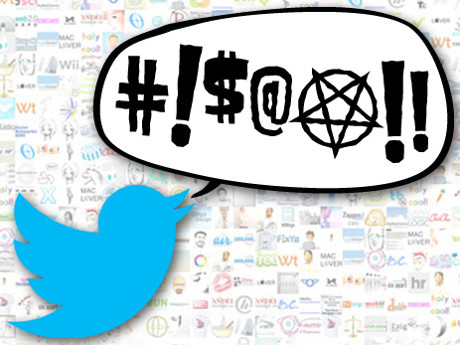I mentioned yesterday the distinction between muting an account versus the new muting by word or #hashtag at Twitter.
- Mute by account – Tweets don’t appear in your timeline.
- Mute by word or hashtag – Tweets do appear in your timeline.
Take a moment to check my sources at Twitter support to make sure I have the rules correctly stated. I’ll wait.
(I’m not a journalist but readers should be enabled to satisfy themselves claims I make are at least plausible.)
No feedback from Twitter on the don’t appear in your timeline vs. do appear in your timeline distinction.
Why would I want to only block notifications of what I think of as hate speech and still have those tweets in my timeline?
Then it occurred to me:
If you can block tweets from appearing in your timeline by word or hashtag, you can block advertising tweets from appearing in your timeline.
You cannot effectively mute hate speech @Twitter because you could also mute advertising.
What about it Twitter?
Must feminists, people of color, minorities of all types be subjected to hate speech in order to preserve your revenue streams?
Not that I object to Twitter having revenue streams from advertising but it needs to be more sophisticated than the Nigerian spammer model now in use. Charge a higher price for targeted advertising that users are unlikely to block.
For example, I would be highly unlikely to block ads for cs theory/semantic integration tomes. On the other hand, I would follow a mute list that blocked histories of famous cricket matches. (Apologies to any cricket players in the audience.)
In my post: Twitter Almost Enables Personal Muting + Roving Citizen-Censors I offer a solution that requires only minor changes based on data Twitter already collects plus regexes for muting. It puts what you see entirely in the hands of users.
That enables Twitter to get out of the censorship business altogether, something it doesn’t do well anyway, and puts users in charge of what they see. A win-win from my perspective.
